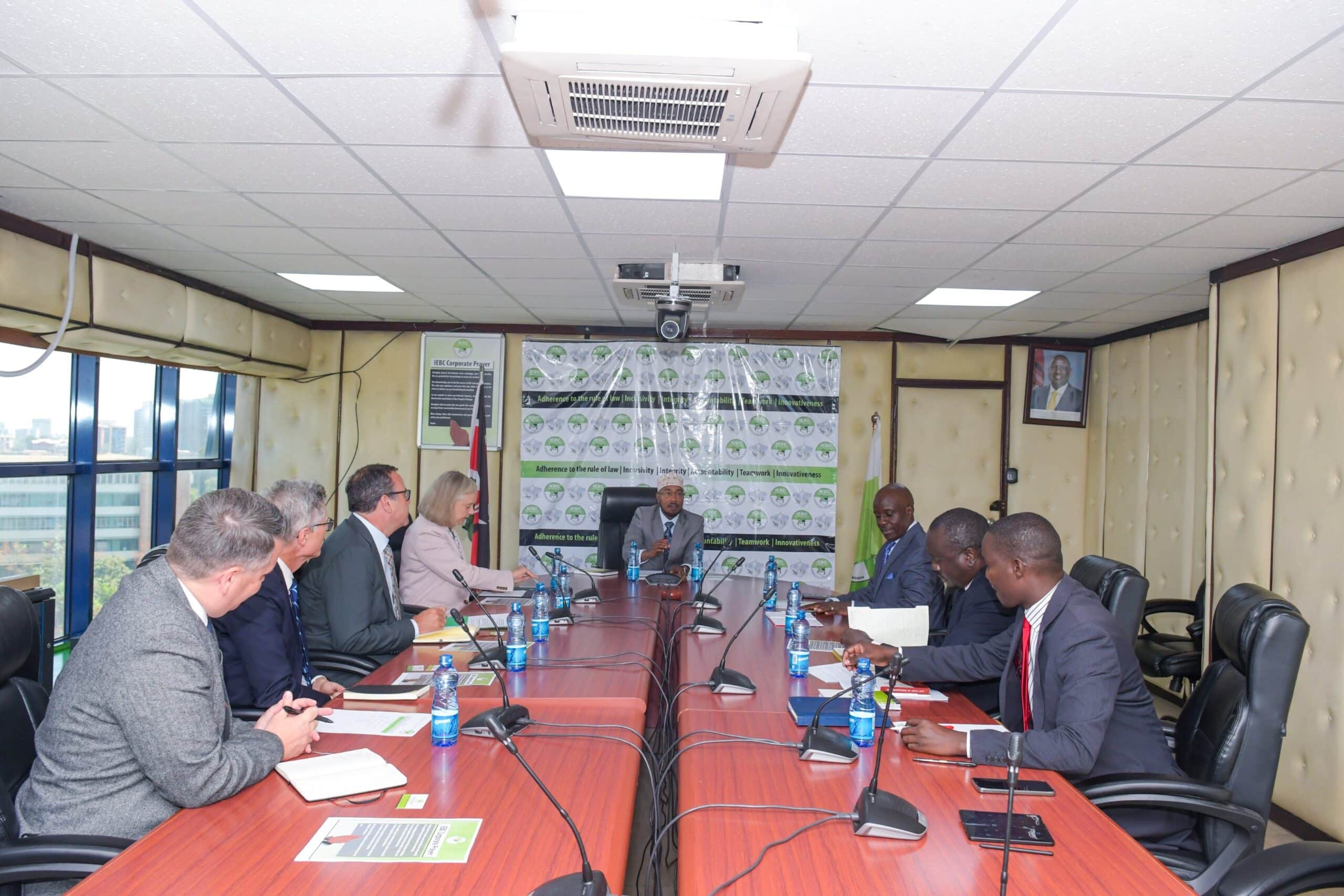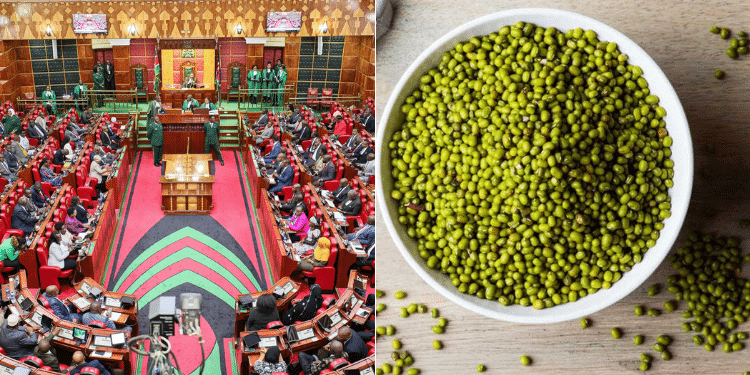The National Assembly on Tuesday September 24 rejected the Mung Bill (Ndengu), 2022 which was passed by the senate.
“The National Assembly, by a majority, has rejected the Mung Bill, 2022, at the second reading stage,” the Augusts House said.
The bill will now proceed to mediation and if within thirty (30) days the mediation Committee fails to agree on a version of the Bill, the Bill will be deemed to be lost.
However, if the Committee agrees on a version that is passed by both Houses, the Bill is passed.
The ndengu bill sought to regulate the production, processing, and marketing of mung beans in Kenya.

About Ndengu Bill
The Bill was introduced in Parliament by Kitui Senator Enoch Wambua as part of envisaged reforms in the sector but caused uproar among Kenyan.
Wambua explained that the Bill seeks to facilitate and develop a framework that will regulate and promote the mung bean industry in Kenya, ensuring that it thrives locally and internationally.
According to him, the Bill does not impose a license requirement for growing mung beans but rather only requires registration of small and medium-size farmers, similar to other regulated crops.
The Kitui Senator said that licensing provisions are solely for commercial activities such as processing and large-scale trading.
Also Read: Inside Bill Seeking to Have Kenyans Face Ksh1m Fine or Jail Term for Growing Ndengu
Registration of Mung Bill Growers
Additionally, he said that the registration process of all mung bean growers with the respective County Executive Committee (CEC) member in their counties is a step towards achieving these goals, not a punitive measure against farmers.
“The Bill requires small and medium-size mung bean farmers to register with the relevant County Executive Committee (CEC) member. This is a common practice already in place for other crops such as tea and coffee,” the statement adds.
Also Read: Why Bill Seeking to Have Farmers Pay Ksh500 K Fine or Jail Term was Dropped
“The registration of small and medium-size mung bean growers is intended to help the government better understand and promote the development of the mung bean industry. This data is crucial for strategizing on how to make Kenya’s mung bean industry competitive on an international level.”
The Kitui Senator argued that the primary purpose of this registration is to allow the government to maintain a register, record the location, size, and variety of mung beans grown; and assess the potential crop capacity within counties and the country.
Wambua at the same time highlighted that Clause 9 of the Bill entails licensing which specifically requires only persons or entities intending to market, process, or engage in large-scale trading of mung beans and related products.
Follow our WhatsApp Channel for real-time news updates!
https://whatsapp.com/channel/0029VaB3k54HltYFiQ1f2i2C













































































